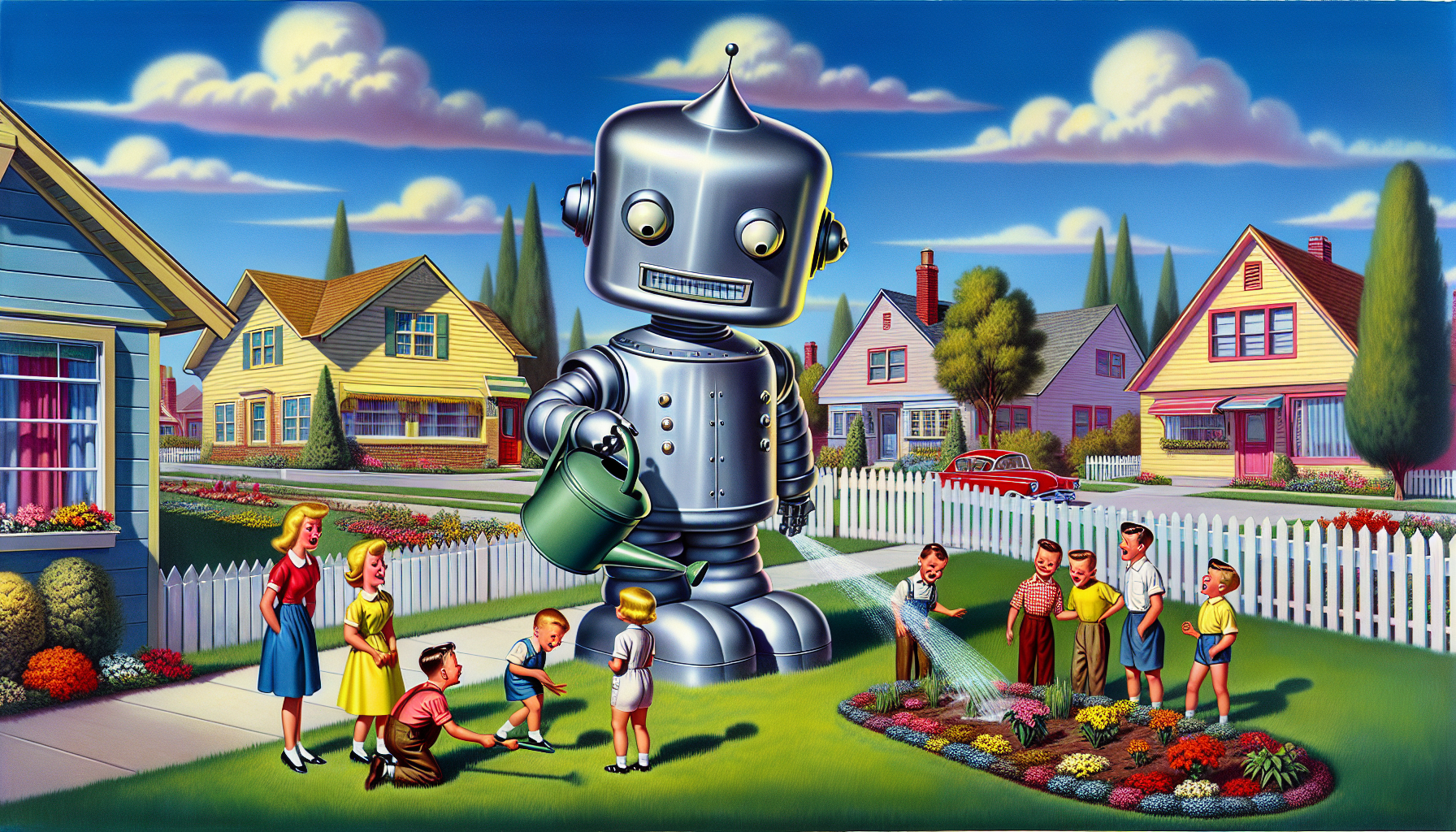Siemens, Google, and Testsigma Lead the Way in AI Agent Innovation for Industrial Automation, Coding, and QA Testing
May 13, 2025

Siemens Introduces AI Agents for Industrial Automation
Siemens has announced a significant expansion of its industrial AI offerings at Automate 2025 in Detroit, unveiling advanced AI agents integrated into its existing Industrial Copilot ecosystem. These agents differ from traditional AI by autonomously executing processes across the industrial value chain without human intervention. Siemens aims to boost productivity by up to 50% for industrial companies through this innovation. The company's AI agent architecture features a sophisticated orchestrator that deploys a variety of specialized agents, now including both Siemens and third-party agents, thanks to the Siemens Xcelerator platform. Siemens plans to establish an AI agent marketplace hub to enhance accessibility. Key components of the system include Design, Planning, Engineering, Operations, and Services Copilots, which improve efficiency in product design, production planning, automation engineering, shop floor operations, and maintenance. This comprehensive model is already yielding results in Siemens' own plants and client deployments, aiming to bridge skill gaps and enabling factory environments where AI operates alongside human workers, enhancing creativity and problem-solving. (Source)
Without AI agents, agencies are doomed
Media agencies face a pivotal decision between embracing AI agents or clinging to outdated business models, with significant implications for their future in the industry. AI's potential to revolutionize the sector is evident through projects like Agentic AI's tool for analyzing radio consumer dialogues, highlighting the limitations of traditional measurement methods. As agencies grapple with proving their value, AI offers unparalleled transparency and precision, reinventing agency-client relationships from transactional to strategic partnerships. Despite concerns over AI's imperfections and ethical challenges, agencies must urgently adopt AI and harness its capabilities to redefine their value propositions. By integrating AI with human creativity and strategic oversight, agencies can transform media budgets into strategic investments, reclaim intellectual property, and stave off competition from tech giants eager to dominate the market. Lindile Ndube of PHD Media emphasizes the immediate necessity for action, urging agencies to shape their future or risk becoming obsolete. (Source)
Google's upcoming AI agent could change how you code
Google is reportedly developing an AI agent aimed at streamlining the coding process for engineers, according to The Information. The tech giant has been showcasing the innovative tool to both its employees and external developers. This AI agent is designed to assist software engineers in diverse tasks such as task management and code documentation throughout the development process. Google may introduce this AI agent at its upcoming I/O conference. (Source)
Agentic AI for dummies: 101 on how marketers can leverage on the trend
Agentic AI represents a transformative evolution in artificial intelligence, characterized by its ability to set goals, make autonomous decisions, and execute complex multi-step tasks, which is reshaping industries like marketing, retail, healthcare, and financial services. By 2026, as per a Salesforce report, 75% of retailers will consider AI essential for competitiveness, with 81% trusting these systems to act autonomously within secure frameworks. Key tech players like AWS, Google Cloud, and NVIDIA are highlighting agentic AI's capabilities for adaptive customer interactions and operational efficiency. Although promising unprecedented advancements in efficiency and customer engagement, agentic AI presents challenges related to development complexity, data quality, and ethical usage. As its adoption widens, it will necessitate overcoming significant technical and regulatory challenges to seamlessly integrate with existing systems. The future trajectory suggests a shift to autonomous workflows and a greater collaboration of AI agents, eventually simplifying deployment for businesses and potentially transforming business models. (Source)
Testsigma Adds Autonomous Testing Capabilities to Put AI Agents in the Hands of QA Teams
Testsigma has introduced autonomous testing capabilities within its cloud-based platform through AI coworkers that collaborate with QA teams to streamline testing processes, accelerate release cycles, and improve software quality. The company unveiled an innovative Test Management product that enables QA teams to leverage AI agents for planning, executing, optimizing, and reporting test cycles. The platform, enhanced by AI coworker Atto, autonomously generates tests, conducts them at scale, self-heals broken tests, and provides real-time insights, seamlessly integrating into DevOps pipelines. This agent-driven approach transforms manual testing by replacing outdated tools with intelligent AI-assisted capabilities, allowing QA analysts to focus on strategic quality initiatives while boosting productivity. Testsigma's advancements signify a pivotal moment in QA, as highlighted by industry professionals like Andrew Haitz of Galactic Advisors. (Source)
